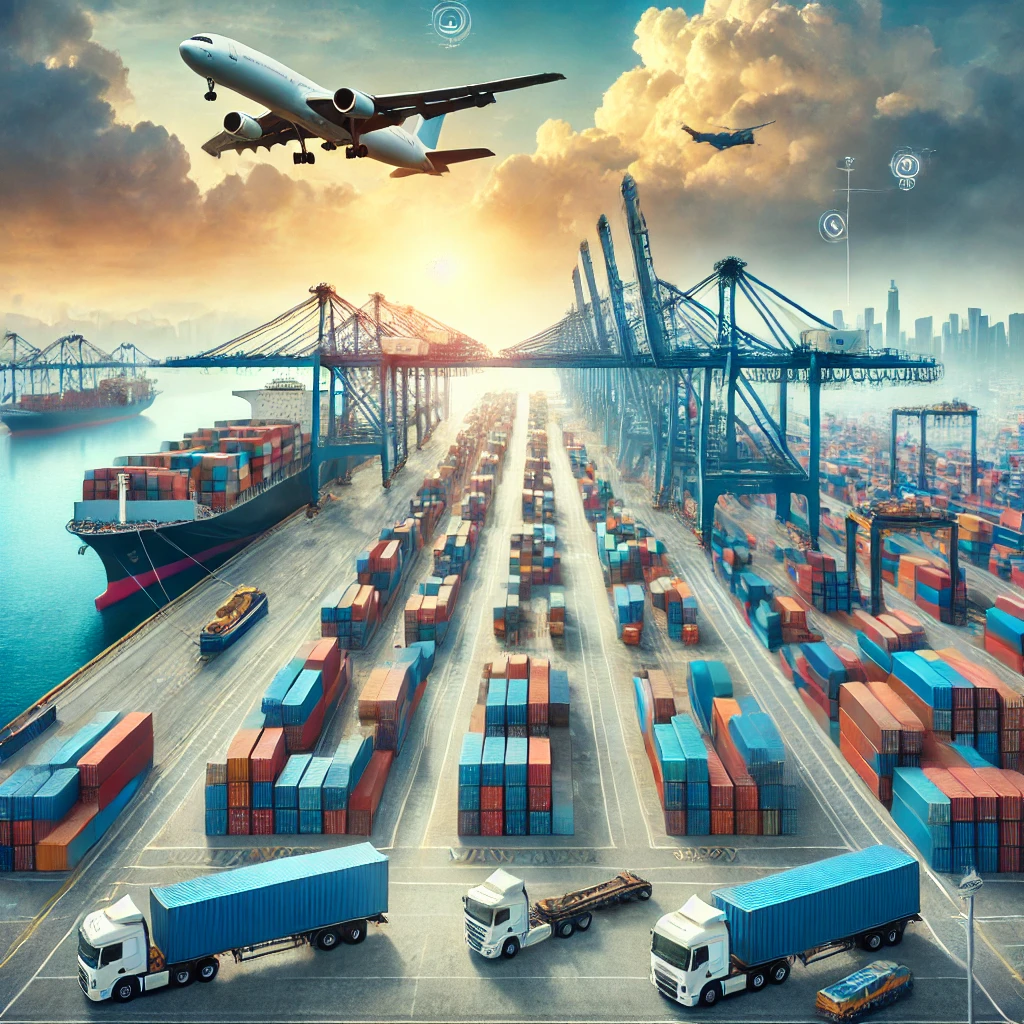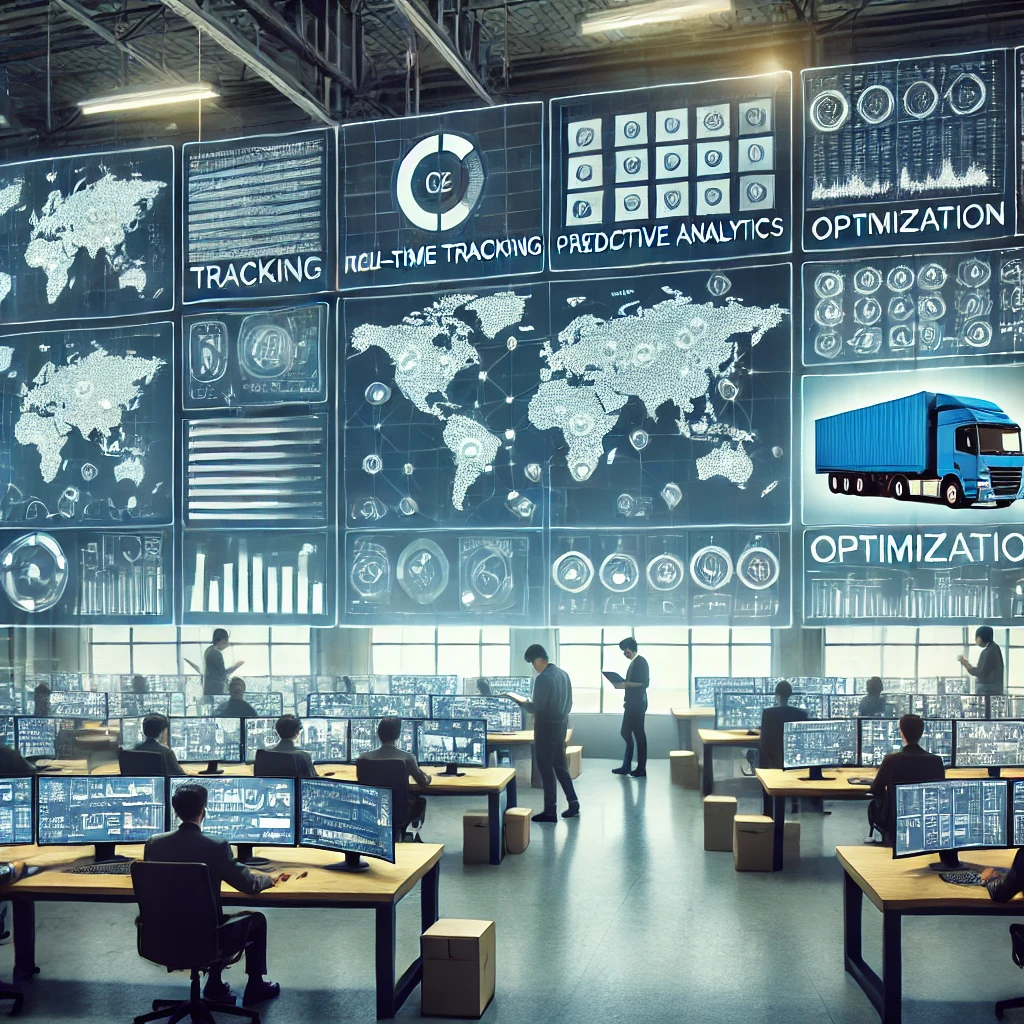Global Supply Chain Challenges and Adaptations: Navigating Uncertainty

In today's interconnected world, the logistics industry faces numerous challenges that test its resilience and adaptability. Geopolitical tensions, economic fluctuations, and global trade disruptions are just a few of the factors impacting supply chains. To thrive in this volatile environment, logistics companies are investing in innovative technologies and strategies to enhance supply chain visibility and efficiency.
Geopolitical Tensions and Trade Disruptions
Geopolitical tensions significantly impact global supply chains, leading to disruptions that affect shipping routes, rates, and capacity. A prime example is the conflict in the Suez Canal, which created substantial delays and increased shipping costs. Such disruptions necessitate swift adaptations from logistics providers to ensure the continuity of their operations and meet customer demands.
Economic Fluctuations
Economic fluctuations, including inflation and currency volatility, pose additional challenges for the logistics industry. These fluctuations can lead to increased costs for fuel, labor, and raw materials, affecting the overall cost structure of logistics operations. Companies must develop strategies to mitigate these impacts, such as leveraging long-term contracts and optimizing procurement processes to maintain cost efficiency.
Technological Investments for Enhanced Visibility

To combat these challenges, logistics companies are turning to technology for solutions. One of the most significant advancements is the integration of the Internet of Things (IoT) into supply chain operations. IoT devices provide real-time data on shipments, enabling companies to track and monitor goods throughout the supply chain. This increased visibility helps identify potential issues before they escalate, ensuring timely and efficient deliveries.
Additionally, big data analytics and artificial intelligence (AI) are revolutionizing supply chain management. By analyzing vast amounts of data, these technologies can predict disruptions, optimize routes, and improve demand forecasting. This predictive capability allows companies to make informed decisions and adapt quickly to changing conditions.
Adaptations in Practice
Leading logistics providers are already implementing these technological advancements to navigate supply chain challenges. For instance, UPS has invested in IoT and AI to enhance its logistics operations. These technologies provide comprehensive visibility and predictive analytics, enabling UPS to manage its supply chain more effectively and respond swiftly to disruptions.
Similarly, companies are adopting blockchain technology to enhance transparency and security in the supply chain. Blockchain provides a decentralized and immutable ledger of transactions, ensuring that all stakeholders have access to accurate and tamper-proof information. This transparency builds trust among partners and enhances the overall efficiency of the supply chain.
The Road Ahead
As the logistics industry continues to evolve, companies must remain agile and proactive in addressing supply chain challenges. Investing in advanced technologies and innovative strategies is crucial for maintaining efficiency and meeting customer expectations in a volatile global market.
At Global Connect Distributions, we are committed to leveraging the latest technological advancements to enhance our supply chain operations. By embracing these innovations, we aim to provide our clients with reliable and efficient logistics solutions, even in the face of global uncertainties.